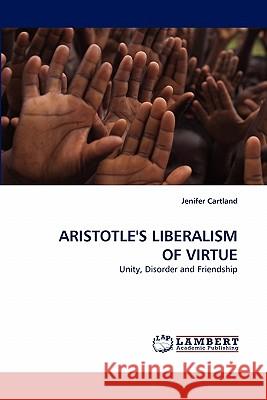Aristotle's Liberalism of Virtue » książka
Aristotle's Liberalism of Virtue
ISBN-13: 9783844300697 / Angielski / Miękka / 2011 / 196 str.
Students of Aristotles political thought wrestle with a deep tension. If friendship is the basis of community, Aristotles ideal community must be rather clannish and exclusive. It is an uncomfortable view of political life from the standpoint of the twenty-first century, both for liberals and liberalisms critics. And many of Aristotles own positions, for example his strong criticism of Platos city in speech, do not seem to square with it. Is it the right picture? This book argues that, from Aristotles perspective, a politics focused on virtue neither necessarily excludes persons who are not fully virtuous from politics nor coerces citizens who are not wholly virtuous into acting well. Aristotle makes debate and community feeling compatible by reconstructing tribal feelings (or associative emotions) into something politically capable. Debate is also transformed in the process by the special commitments one makes when entering into a political association. This, in brief, is Aristotles answer to liberals and their critics: A certain kind of community and a certain kind of debate make liberalism possible.











